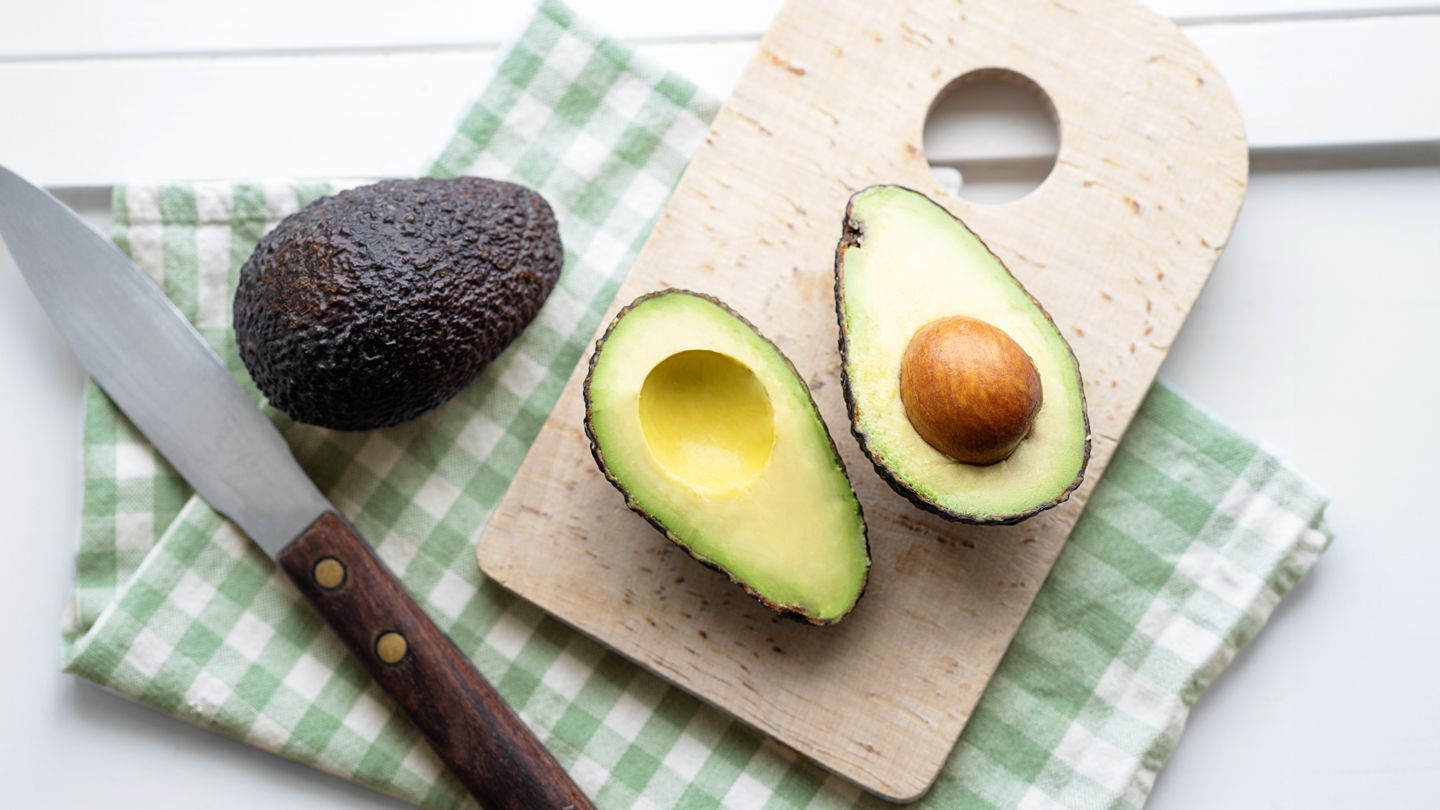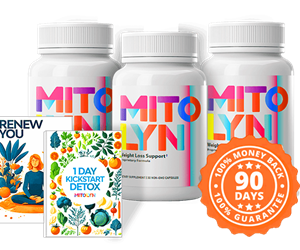
The question often arises, how many calories are in an avocado? The avocado, with its creamy texture and subtle flavor, has transcended its humble beginnings to become a culinary darling and a nutritional powerhouse. From guacamole to toast toppings, salads to smoothies, this fruit (yes, it’s a fruit!) has firmly cemented its place in modern diets. But lurking behind its deliciousness and versatility, a question often arises: how many calories are actually in an avocado?
Understanding the caloric content of avocados is crucial, especially for those mindful of their dietary intake. While avocados are undoubtedly healthy and packed with beneficial nutrients, they are also relatively high in calories due to their high fat content. Let’s delve into the details to unravel the calorie count of this beloved fruit and explore its nutritional benefits.
The Calorie Count: A Breakdown
The calorie content of an avocado largely depends on its size. Here’s a general guideline:
- Small Avocado (approximately 100 grams): Roughly 160 calories
- Medium Avocado (approximately 150 grams): Around 240 calories
- Large Avocado (approximately 200 grams): About 320 calories
- Half an Avocado (approximately 75 grams): Approximately 120 calories
These are just estimates, as the actual weight and size of avocados can vary. To get a more precise measurement, using a kitchen scale to weigh your avocado is recommended. You can then use nutrition databases or online calculators to determine the exact calorie count based on its weight.
Why So Many Calories? The Role of Fat
The reason avocados are calorie-dense is primarily due to their high fat content. A medium avocado (approximately 150 grams) contains around 22 grams of fat. However, it’s essential to understand that not all fats are created equal. Avocados are primarily composed of monounsaturated fats, specifically oleic acid, which is also the main component of olive oil.
- Monounsaturated Fats: These healthy fats are linked to various health benefits, including improved heart health, reduced inflammation, and better cholesterol levels. They can also help you feel full and satisfied after eating, potentially aiding in weight management.
- Polyunsaturated Fats: Avocados also contain small amounts of polyunsaturated fats, including omega-3 and omega-6 fatty acids, which are essential for brain function, cell growth, and overall health.
While the fat content contributes to the calorie count, it’s important to remember that these are healthy fats that offer numerous benefits. Focusing solely on calories without considering the type of fat can be misleading.
Beyond Calories: The Nutritional Powerhouse
Avocados are much more than just a source of calories and healthy fats. They are packed with a wealth of vitamins, minerals, and antioxidants that make them a valuable addition to any diet. Here’s a glimpse of their nutritional profile:
- Fiber: Avocados are an excellent source of fiber, providing both soluble and insoluble fiber. Fiber aids in digestion, promotes gut health, helps regulate blood sugar levels, and contributes to feelings of fullness, potentially assisting in weight management.
- Potassium: Avocados are incredibly rich in potassium, an essential mineral that plays a crucial role in regulating blood pressure, maintaining fluid balance, and supporting nerve function. In fact, they contain more potassium than bananas, often touted as a potassium powerhouse.
- Vitamins: Avocados are a good source of several vitamins, including vitamin K, vitamin C, vitamin B5, vitamin B6, and vitamin E. These vitamins contribute to various bodily functions, including immune system support, skin health, and energy production.
- Folate: Also known as vitamin B9, folate is essential for cell growth and development, particularly during pregnancy. Avocados are a good source of folate, making them a beneficial addition to a pregnant woman’s diet.
- Magnesium: This mineral plays a role in hundreds of enzymatic reactions in the body, including muscle function, nerve function, and blood sugar control. Avocados are a good source of magnesium.
- Antioxidants: Avocados contain powerful antioxidants, such as lutein and zeaxanthin, which are beneficial for eye health and may help protect against age-related macular degeneration and cataracts.
Incorporating Avocados Into a Balanced Diet
Despite their calorie density, avocados can be a valuable part of a healthy and balanced diet. Here are a few tips for incorporating them mindfully:
- Portion Control: Be mindful of portion sizes. Stick to half an avocado per serving to manage your calorie intake.
- Healthy Fats: Replace unhealthy fats (saturated and trans fats) in your diet with the healthy fats from avocados. For example, use avocado instead of butter on toast or mayonnaise in sandwiches.
- Versatile Ingredient: Explore the versatility of avocados. Add them to salads, smoothies, sandwiches, tacos, or use them as a topping for grilled chicken or fish.
- Mindful Eating: Pay attention to your body’s hunger and fullness cues. Avocados are satisfying and can help you feel full for longer, potentially preventing overeating.
- Combine with Other Nutritious Foods: Pair avocados with other nutrient-rich foods, such as whole grains, lean protein, and vegetables, to create a balanced and satisfying meal.
Calories Don’t Tell the Whole Story

While it’s essential to be aware of the calorie count of avocados, it’s equally important to consider their nutritional profile and the healthy fats they provide. Focusing solely on calories can be misleading and prevent you from reaping the numerous benefits of this nutrient-dense fruit.
Avocados are a good source of fiber, potassium, vitamins, and antioxidants, all of which contribute to overall health and well-being. When consumed in moderation and as part of a balanced diet, avocados can be a valuable addition to a healthy lifestyle.
So, the next time you enjoy a delicious avocado, remember that you’re not just consuming calories; you’re nourishing your body with a wealth of vital nutrients. Embrace the creamy goodness and reap the benefits of this nutritional powerhouse!











Ok this is what I call good content. This lets you know that you can still find great subject material publishers online.